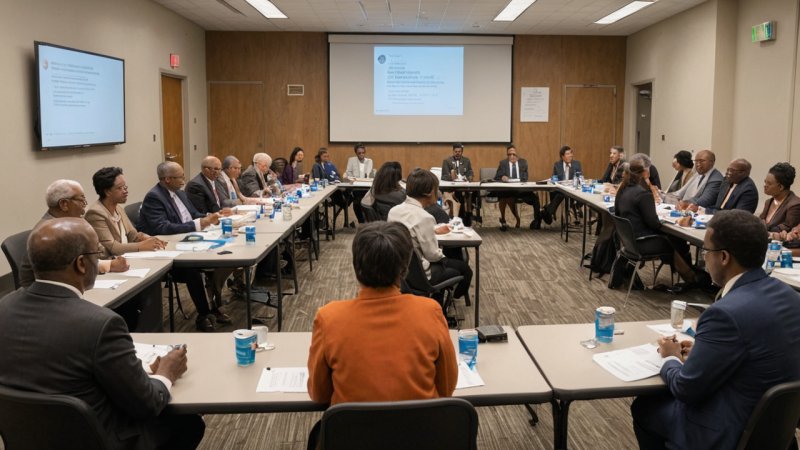In recent years, the intersection of policy and social equity has garnered significant attention from scholars, activists, and policymakers alike. Social equity refers to the fair distribution of resources, opportunities, and privileges within a society, while justice involves the principle of fairness in protection of rights and the distribution of resources. Understanding how public policies impact these concepts is crucial for fostering a society that is both just and equitable. This article explores the implications of policy on social equity and justice, examining both historical contexts and contemporary practices.
Throughout history, various policies have shaped the landscape of social equity. For example, the Civil Rights Act of 1964 in the United States aimed to eliminate discrimination based on race, color, religion, sex, or national origin. This landmark legislation was a crucial step towards promoting social equity, as it paved the way for greater inclusion and representation in various sectors, including education and employment. However, despite such advancements, persistent disparities remain, highlighting the need for ongoing policy reform.
Policies can either alleviate or exacerbate social inequities. For instance, policies related to taxation, housing, and education have significant implications for social equity. Progressive taxation systems, which impose higher tax rates on the wealthy, can generate revenue for public services that benefit lower-income communities. Conversely, regressive tax policies may disproportionately burden low-income individuals, further entrenching systemic inequalities.
In the realm of education, policies that promote access to quality education for all students are vital. Programs aimed at reducing class sizes, providing free or subsidized meals, and ensuring access to technology can significantly impact educational equity. On the other hand, policies that lead to increased privatization of schools or funding cuts can exacerbate existing disparities, particularly in low-income areas.
Moreover, environmental policies play a critical role in social equity. Environmental justice advocates emphasize that marginalized communities often bear the brunt of environmental degradation and pollution. Policies that prioritize clean air, water, and green spaces in all communities, regardless of socioeconomic status, are essential for achieving social equity. By ensuring that all citizens have equal access to a healthy environment, policymakers can advance both social equity and justice.
To effectively promote social equity and justice through policy, stakeholder engagement is crucial. Policymakers must actively involve communities in the decision-making process, ensuring that the voices of those most affected by inequitable practices are heard. This approach can lead to more informed policies that directly address the needs of marginalized populations.
In conclusion, the impact of policy on social equity and justice cannot be overstated. Thoughtfully crafted policies have the potential to promote fairness and equity, which are essential for a healthy society. However, policymakers must remain vigilant and responsive to the evolving needs of communities to ensure that progress continues. The path towards social equity is ongoing, and it requires a commitment to justice in every facet of policymaking.
Policy's Role in Promoting Social Equity
Explore the critical relationship between policy and social equity, examining how legislation can promote fairness and justice within society.






